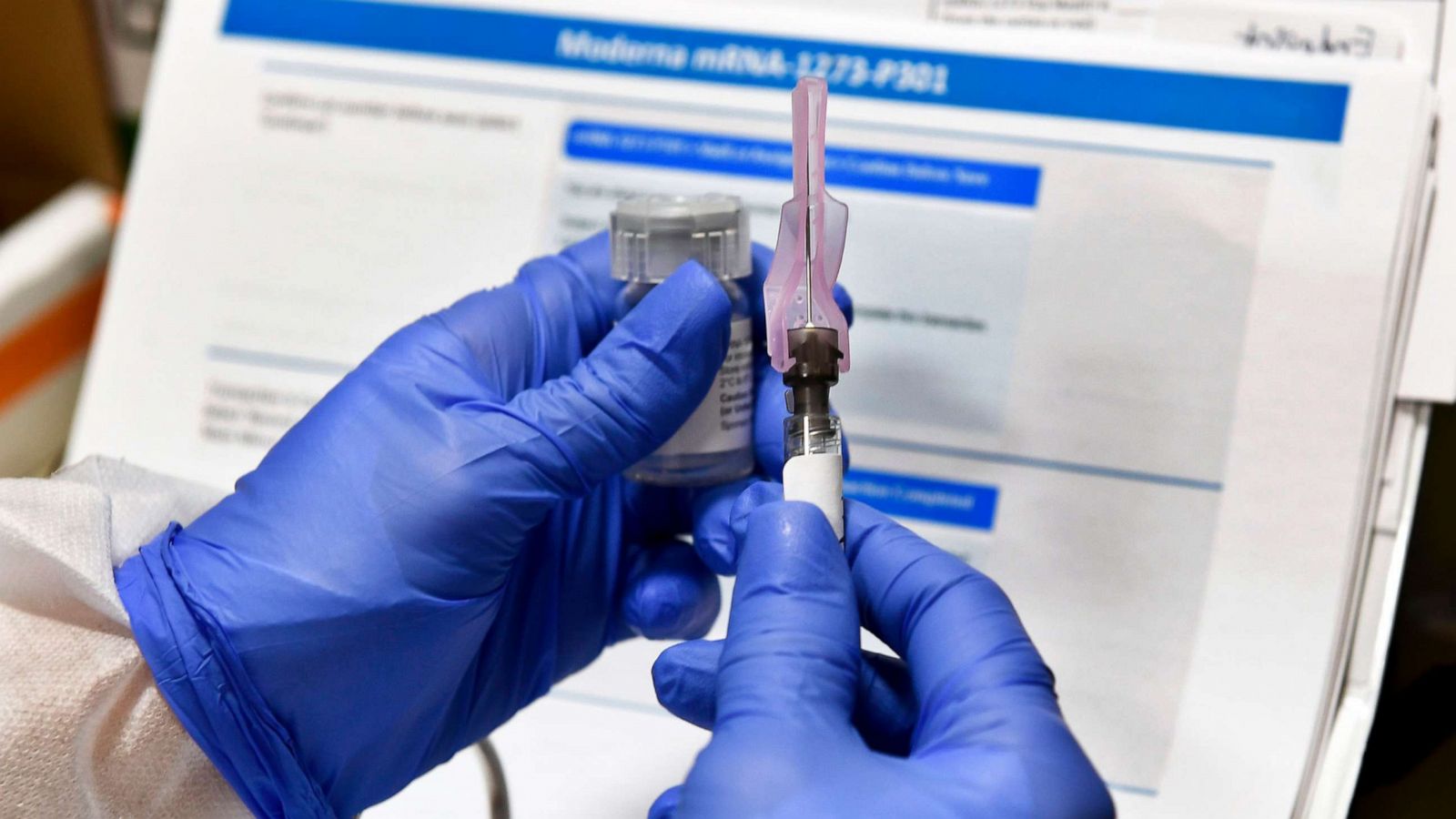Doubts about vaccination program cleared
India's largest vaccine program using two COVID-19 vaccines is ready to kick start the process by January 16. Health care workers, who would be the first to receive the vaccine, will not have the option to choose one vaccine over another. The same principle applies to other high-risk groups that may be vaccinated first.
Speaking at a press conference on January 12, Union Health Secretary Rajesh Bhushan said: “In many parts of the world, there is more than one vaccine, but at present, there is no country that is giving vaccinators the option of choosing between two. ” Offcourse, in the U.S., vaccines from both Pfizer and Moderna are available and recipients, who are health care workers and elderly residents, have no choice but to choose a vaccine. In the UK people will also receive the vaccine Pfizer, Moderna or AstraZeneca but cannot choose one over the other. But the similarity of not giving recipients the opportunity to choose a vaccine, either in the U.S., the UK should end there.
What the Secretary of Health did not say was that the safety and performance data used by regulators in India, the U.S., and the UK to grant emergency use permission is very different in all of the country. People of India are not aware of the phase 3 trial of a specific vaccine and even not informed by the government about the effectiveness and temporary protection of either of the vaccine, the effectiveness of the phase 3 trial of Pfizer, Moderna and AstraZeneca vaccines were shown to the people in developed countries.
Authorization for emergency use granted by the US FDA to Pfizer and Moderna and the UK regulator all were based on temporary safety and efficacy data from phase 3 trials with moderate follow-up of at least two months after the dose second it was made available. While both Pfizer and Moderna have approximately 95% efficacy, the effectiveness of the AstraZeneca vaccine is 62% even when standard dose for the first and second dose is considered, which is more than 50% required for approval.In contrast, the Indian regulator has issued a permit to use the Pune-based Serum Institute's Covishield in terms of safety and immunogenicity tested in India for a small number of participants and data for safety and effectiveness from large trials of more than 24,000 participants in Brazil, South Africa and UK. The Serum Institute did not go through the test performance of Covishield in India but relied on performance data from tests conducted outside of India.
Restricted usage permission was granted to Bharat Biotech Vaccine in Hyderabad even after there was no efficiency report for the same. Approval was based on only a small number of participants studied during phase 1 and phase-testing; while according to the norms the vaccine studies are done during the phase 3 trial. In addition, Covexin has been a green signal in a “clinical trial mode” as a matter of “abundant precaution”, with no clarity on whether medical care in case of adverse events and compensation would be provided, and informed consent has to be taken from the recipient before immunisation. There are no such conditions or riders in the case of Covishield. Hence, is it correct to compare the situation in India with other countries using vaccines with interim safety and efficacy levels known?
According to the Union government, vaccine sites will offer Covishield or Covexin to avoid giving recipients the opportunity to choose one vaccine over another. Since COVID-19 vaccination is not mandatory, people accessing the Covexin may choose not to get vaccinated.
But is it ethical to give Covexin to another health care worker when we are unaware of its function and that another well-functioning Covishield to a health care worker whose functions are known even though they both face the same risk of infection at work? "This situation could have been avoided if the government had waited a few weeks for the details of Covaxin's efficacy to be available before it could be approved for use," said Bhopal-based Anant Bhan, a global health and bioethics researcher. "They could have started a vaccination with Serum's Covershield and added Covaxin after approving it based on performance data."
Will health care workers and others who have refused to be vaccinated with Covaxin be given another chance to get vaccinated first if information is available showing that the vaccine has a effectiveness of at least 50%, as previously described by the Indian regulator for approval? Similarly, if Covaxin is found to be less than 50% effective, will everyone who is vaccinated against this vaccine be given a Covishield or other highly effective vaccine?
People who are on vaccine sites that offer Covaxin are required to obtain informed consent from each recipient prior to vaccination. “A good confession requires time. Some may need a day to think before agreeing. Will this be allowed or will one be forced to agree at that time? ”Asked Dr. Bhan. Or will people be informed in advance which vaccine they will be receiving to avoid delaying obtaining informed consent? However, who will explain the details of the vaccine before taking informed consent from health care workers and whether the time taken for this procedure is included? Apparently, the dry run of vaccines made in many countries did not test this.
According to some sources, a few states have already stated they will use Covishield as "default options" and Covaxin as "temporary stock"





The Brief. Sign up to receive the top stories you need to know right now.